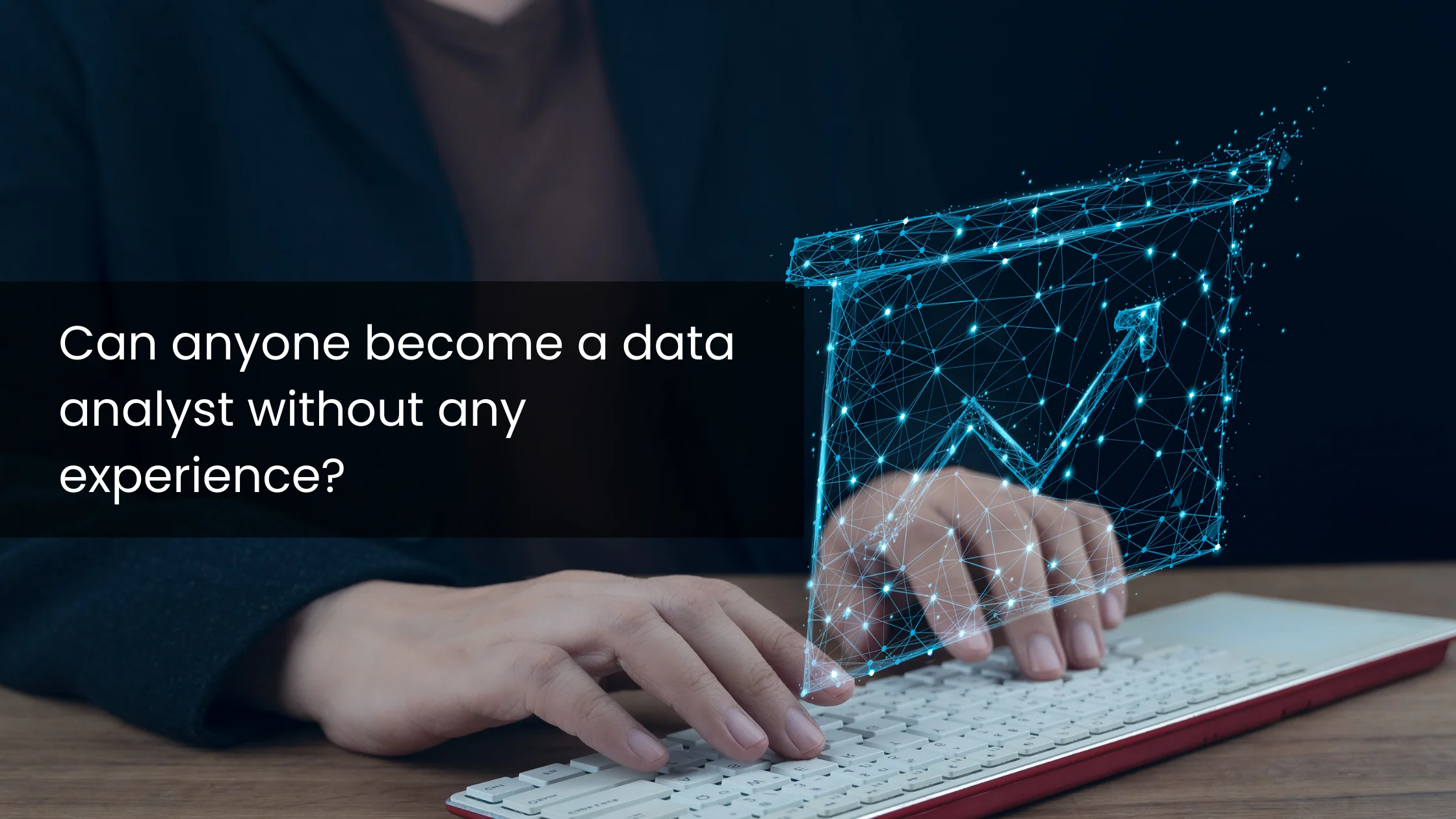 So, you're contemplating a career in data analysis but worried about your lack of experience. Can you still break into this field? Absolutely! The journey to becoming a data analyst might seem daunting, but with the right approach and resources, you can turn this aspiration into a reality. Let’s dive into how you can become a data analyst, even if you're starting from scratch.
So, you're contemplating a career in data analysis but worried about your lack of experience. Can you still break into this field? Absolutely! The journey to becoming a data analyst might seem daunting, but with the right approach and resources, you can turn this aspiration into a reality. Let’s dive into how you can become a data analyst, even if you're starting from scratch.
Understanding the Role of a Data Analyst
First things first, let’s clarify what a data analyst does. A data analyst collects, processes, and performs statistical analyses on large datasets. They help organizations make data-driven decisions by uncovering trends, patterns, and insights.
The Essential Skills You Need
While experience can give you a head start, there are several core skills you can develop on your own:
- Statistical Analysis: Understanding basic statistics is crucial. Learn how to interpret data, recognize trends, and make predictions.
- Data Visualization: Tools like Tableau, Power BI, and even Excel are fundamental in presenting your findings.
- Programming: Familiarity with languages like Python or R is incredibly valuable. Our Python Programming course is an excellent starting point.
- Database Management: Knowing how to manage and query databases using SQL is a must. Check out our Database Management System course for a comprehensive guide.
- Business Acumen: Understanding the business context and how data can drive decisions is equally important.
Building Your Knowledge Base
Now that you know what skills you need, here’s how to get them:
- Online Courses: Start with structured learning. Our Data Analysis with BI & Big Data Engineering Master Program offers an in-depth curriculum to get you up to speed.
- Practice Projects: Apply what you’ve learned on real or simulated projects. Websites like Kaggle offer datasets for practice.
- Certifications: Earning a certification, such as the ISTQB Certification, can bolster your resume and demonstrate your commitment.
Gaining Practical Experience
Even without a job, you can gain practical experience:
- Internships: Look for internship opportunities. They are a great way to get hands-on experience and build your resume.
- Freelance Work: Platforms like Upwork and Freelancer can connect you with clients needing data analysis.
- Volunteer Work: Offer your skills to non-profits or community organizations. This real-world experience is invaluable and often easier to obtain.
Networking and Community Involvement
Networking is crucial. Join professional groups, attend webinars, and participate in forums like Reddit’s data science community. LinkedIn is a powerful tool for connecting with professionals in the field. Don’t hesitate to reach out to industry experts for advice.
Showcasing Your Skills
Once you’ve built your skills and gained some experience, it’s time to showcase what you can do:
- Portfolio: Create a portfolio of your projects. Include detailed case studies that highlight your analytical skills and the impact of your work.
- Blog: Start a blog to share your insights and projects. It’s a great way to demonstrate your knowledge and passion for data analysis.
- Social Media: Share your projects on LinkedIn and other social platforms to gain visibility.
Final Thoughts
Becoming a data analyst without prior experience is entirely possible with dedication, the right resources, and a strategic approach. The field of data analysis is dynamic and constantly evolving, offering numerous opportunities for those willing to learn and grow. Whether you start with our Turbocharged Data Science Course or dive into more specialized programs, the key is to keep learning and stay curious.
So, are you ready to take the plunge into data analysis? Remember, every expert was once a beginner. Start your journey today and turn your dream into reality!